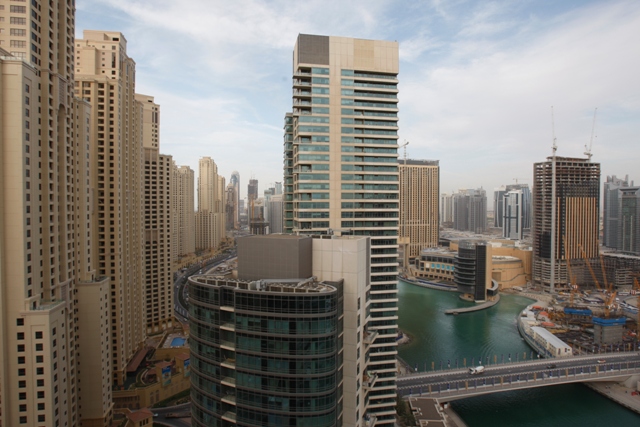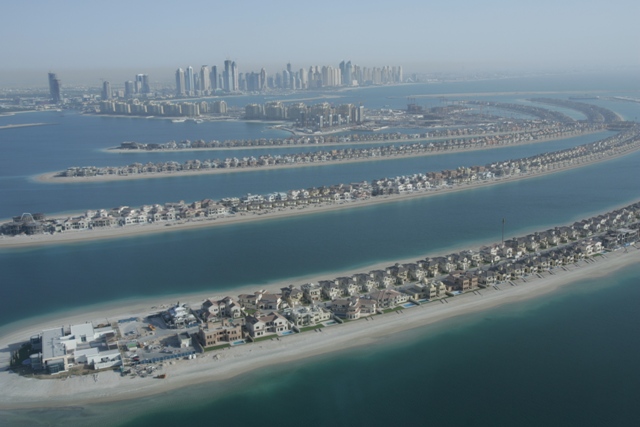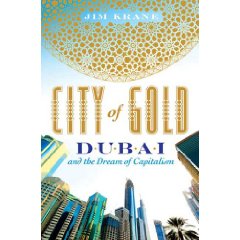Jim Krane writes in a guest op-ed for IC
The contrast is startling. Dubai is Iran’s window through the US embargo, one of its largest trading partners, and an offshore Mecca for Iranian business. “Dubai is the most important city on earth to the Islamic Republic of Iran, with the exception of Tehran,” says Saeed Leylaz, the editor of Tehran’s Sarmayeh financial newspaper.
And now Dubai – through the United Arab Emirates federal government – wants American nuclear technology to bolster its overtaxed electric grid.
That a country so central to Iran’s well-being could host American nukes strikes many people as worrying. The US Congress is right to be concerned – but perhaps not for the obvious reasons. Members of Congress now have the chance, albeit unlikely, to scuttle President Obama’s nuclear deal. But they should approve it, with a few amendments.
It isn’t just Iranians who hang around Dubai. The city is the diplomatic equivalent of the bar scene in the first Star Wars. Its array of trading partners and business interests is a gallery of strange bedfellows. Dubai is a major Arab beachhead for Israeli business, especially Tel Aviv diamond dealers tapping into the huge Saudi market. Dubai may have withheld a visa in February from Israeli tennis star Shahar Peer, but the real story is the number of Israelis who do get visas, despite the lack of diplomatic relations.
It gets murkier still. Dubai’s first brush with atomic energy was as the logistics center for the smuggling ring of wayward Pakistani nuclear scientist A.Q. Khan. It’s a place where Afghan opium producers launder their profits, and, along with neighboring Sharjah, where former KGB arms smuggler Victor Bout once organized cargo shipments. Dubai airport, which offers direct flights to Kandahar, Mogadishu and Baghdad, welcomes all sorts of interesting visitors. One was USS Cole bombing mastermind Abd al-Rahim al-Nashiri, who was detained on arrival and handed to the CIA for waterboarding and threats with a power drill.
Dubai also happens to be a close US ally. It is the US Navy’s No. 1 overseas port, the only Gulf harbor that can berth a carrier or offer shore leave to American sailors. The US consulate in Dubai hosts a lucrative CIA collection operation on Iran, which I detail in my book. And, although Dubai’s ruler allowed Iranian President Mahmoud Ahmadinejad to hold a giant anti-American rally in a soccer stadium, he closed the main roads in the city and declared a mandatory holiday for the visit of US President Bush.
In short, Dubai is an open city, a Hong Kong-style trading entrepôt with all the spies, smugglers and schemers inherent in that role. It just happens to service the world’s most dangerous region.
Thus the question before Congress is an interesting one. Should it back the sale of U.S. nuclear technology to Dubai and the UAE?
Yes, Congress should back nuclear energy for the UAE. Congress and the Obama administration have scrutinized Dubai’s ties with Iran and have embedded into the deal sufficient guarantees against smuggling. Anyhow, nuclear exporters like France are standing by to pick up America’s slack.
But there is an area where Congress could tweak the deal. UAE residents happen to be the world’s most prolific polluters, using more of the earth’s resources, per capita, than anyone else. (Americans are a close No. 2.) This is precisely why the UAE needs nuclear energy, since the region’s supplies of natural gas – the main feedstock for UAE power plants – can’t keep up with demand. It is a sad-but-true fact that the UAE and other Gulf oil producers are running short of domestic energy.
Rather than turbo-charging the UAE’s squandering of electricity and water, Congress should hitch the nuclear deal to an energy conservation regime that pushes the Emirates to reduce its current carbon emissions. Energy conservation advice may sound ridiculous coming from the world’s largest overall polluter, but there it is.
Nuclear energy, which gives off virtually no carbon, could actually help the UAE clean up its emissions, if it comes alongside cuts in the current overuse of desalinated water and air conditioning. That way, moving the UAE away from the fossil fuels it squanders will benefit all of us. And, if distancing Dubai from Tehran is a goal, the US nuclear agreement could also help. It might make the UAE less likely to conclude a gas pipeline deal with Iran.
___
Jim Krane is the former AP Persian Gulf correspondent whose new book on Dubai, “City of Gold: Dubai and the Dream of Capitalism,”
is available at Amazon.com.
End/ (Not Continued)






 © 2025 All Rights Reserved
© 2025 All Rights Reserved